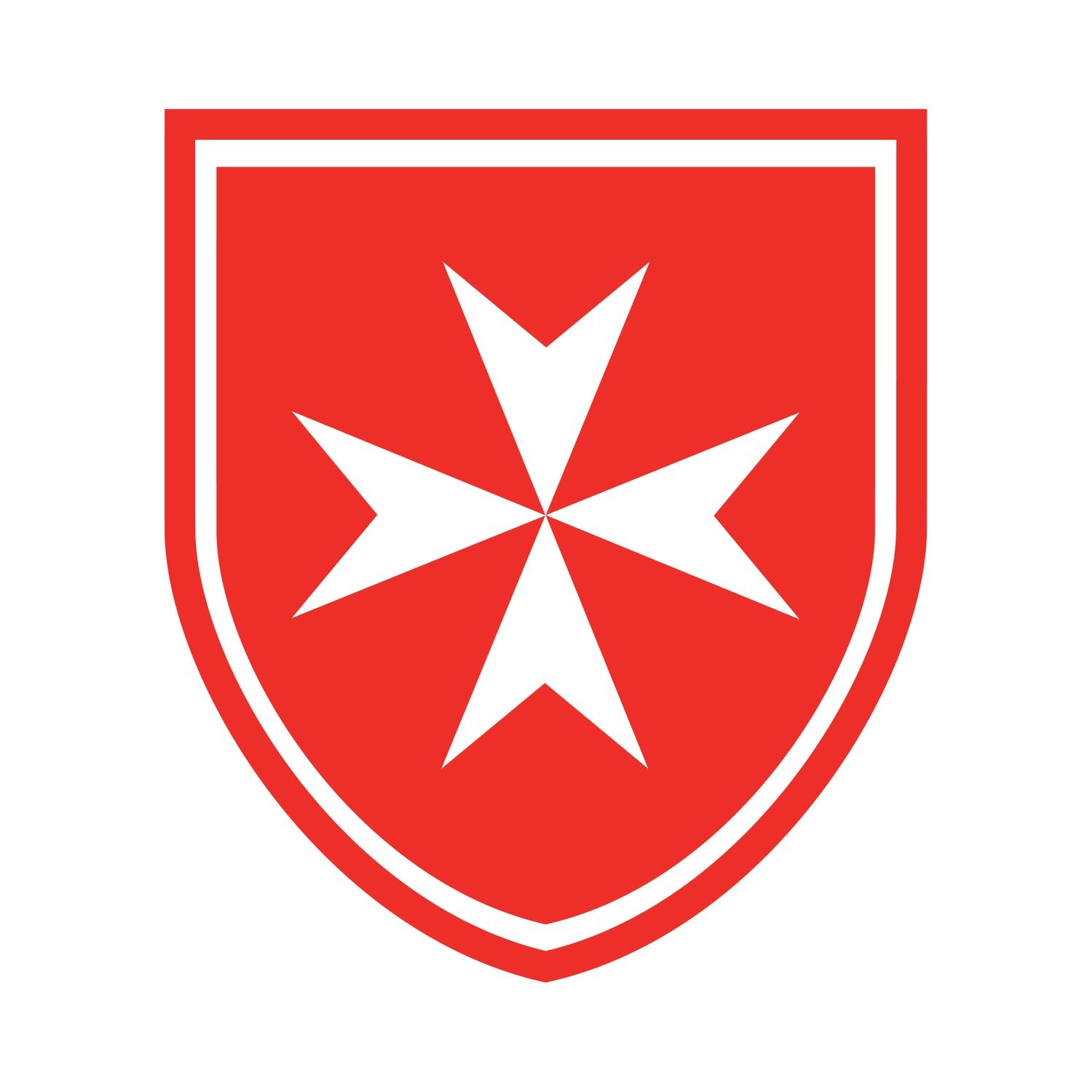Spirituality of the Order
While the Order of Malta is best known as one of the world’s largest providers of non-governmental aid, it is in fact first and foremost a lay religious order of the Catholic church. Founded in Jerusalem by Blessed Gerard, the Order first received papal approbation in 1113, making it one of the oldest. It is at the same time one of the world’s oldest orders of Chivalry, traditionally nobiliary in character, and the last surviving military order of the Church – all factors which combine to give this multi-faceted Order its unique character.
The charism of the Order, defence of the Faith and service of Our Lords the Poor, provides the framework for all that we do. The purpose of the Order is the promotion of the glory of God through the sanctification of its members; it achieves this through responding to the needs of the poor and the sick: “I tell you solemnly, in so far as you did this to one of the least of these brothers of mine, you did it to me” (Matthew 25:40).
At the heart of the Order are the professed Knights of Justice – the lay religious upon whom the whole Order rests. These men live in the world but living according to and making solemn vows of the Evangelical Counsels of poverty, chastity and obedience – soldiers of Christ, fighting for the Order’s ancient charism.
The public prayer of the Order is the Little Office of the Blessed Virgin Mary. As with all Offices of the Church, it is an offering of prayer and praise to Almighty God, though it has the specific character of doing this while simultaneously honouring our Blessed Lady. It has been used by the Order since its foundation, having been made an obligation on all Religious at the Council of Clermont in 1095 – the Council at which Pope Urban II preached the First Crusade, which led directly to our foundation. In praying the Little Office, we not only unite ourselves with the whole Church of God praying the Divine Office, but also with all those holy men and women who have prayed this devotion throughout the ages. Members of the Order are called upon to be “an example to others and an ornament to the Church”, modelling their lives on the teachings and the laws of the Church, in conformity with the Constitution and Code of the Order.


